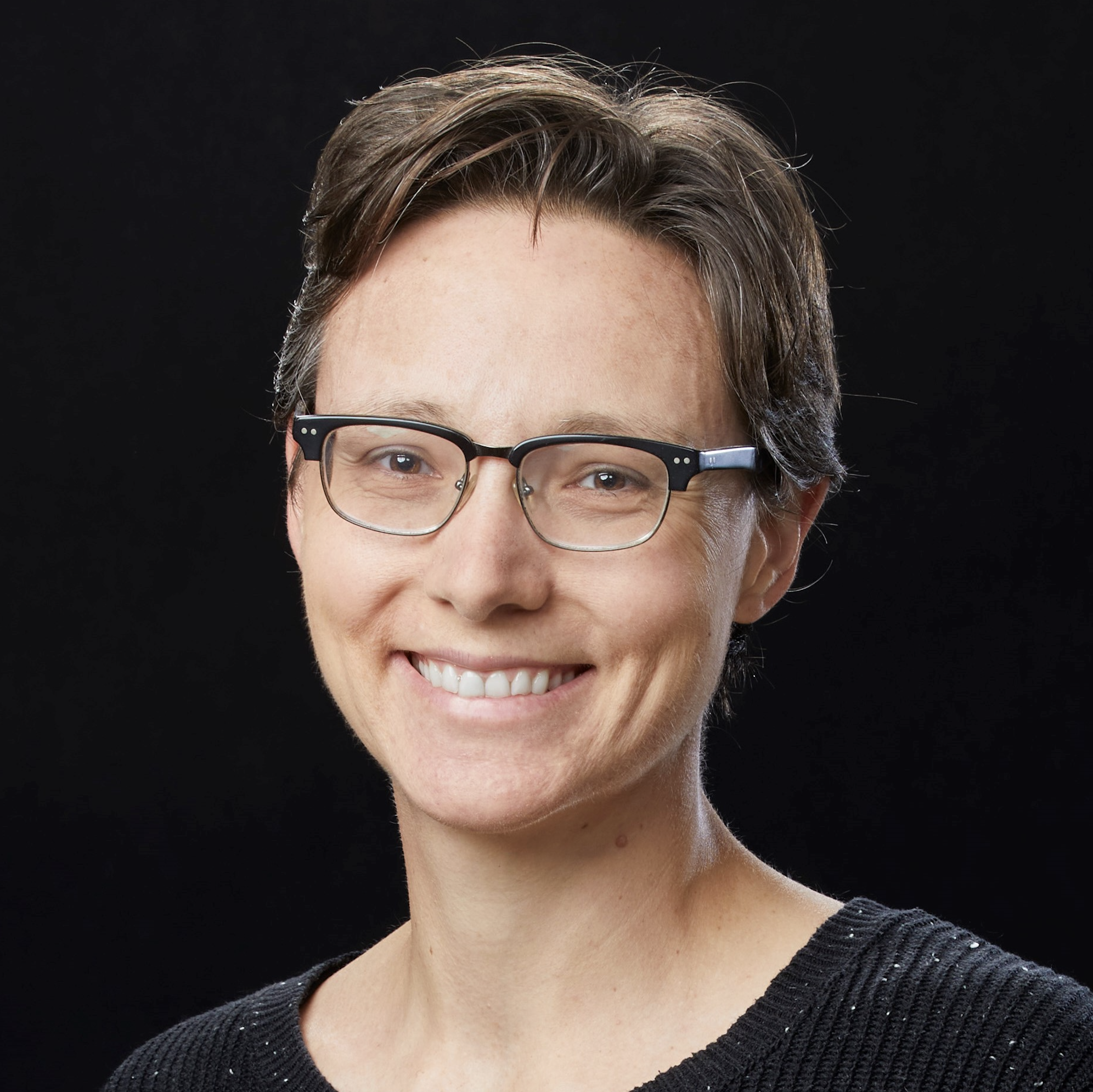Past Event: Babuška Forum
Dr. Jamie A. Bramwell, Lawrence Livermore National Laboratory
10 – 11AM
Friday Apr 19, 2024
POB 6.304 & Zoom
Sensitivity analysis of high-fidelity simulations plays an important role in both topology and shape design optimization workflows. In topology optimization, gradients of spatially varying parameterizations (e.g., density fields) are required. Direct optimization of the nodal positions in a computational mesh is also a promising methodology in shape optimization. To support these methods, analysis schemes with derivatives with respect to finite element fields as well as nodal coordinates are needed. These derivatives are often difficult to calculate and require either complex manual derivation or inaccurate finite difference techniques.
In this talk, we outline a new framework used to calculate these derivatives flexibly and efficiently. We introduce additional parameterization fields to support topology optimization as well as a new shape displacement field that translates the reference coordinates to their new optimized location to support shape optimization. These fields are discretized using standard finite element basis functions and can now be interpolated at quadrature points. We exploit the structure of the finite element method to performantly calculate sensitivities of the finite element residual with respect to these fields via forward-mode automatic differentiation at each quadrature point. Once these modifications to the shape field are made, we expose the quadrature point functions directly to the user. This enables rapid development of novel nonlinear optimization problems within an HPC-ready code. We describe the implementation of this methodology in Serac, an open-source thermomechanical simulation engine built on the MFEM finite element framework. Finally, we conclude with some current applications of our code including design optimization of nonlinear responsive liquid crystal elastomer structures and porous electrodes.
Jamie Bramwell is a simulation software project leader working primarily on Smith, a next-gen finite element simulation toolkit supporting applications throughout the Engineering directorate. After receiving her Ph.D. in Computational Science, Engineering, and Mathematics from the University of Texas at Austin, she joined LLNL in 2013 as a computational engineer with a specialty in advanced finite element methods. She began her career as an integrated code developer on ALE3D, a large-scale multi-physics simulation code supporting WCI. She was the primary developer for the implicit solid mechanics physics package, including modern structural element capabilities to support complex mission analysis efforts in NIF and modernizing infrastructure for numerical solver libraries.
In 2017, she joined the MFEM finite element library team as an engineering application specialist. This included developing a new cardiac mechanics simulation tool and experimental mini applications for user tutorials and examples. In 2020 she started the Smith project, a modular software development kit based on MFEM to enable agile development of GPU-ready and sensitivity-enabled high-fidelity engineering-scale simulations.
